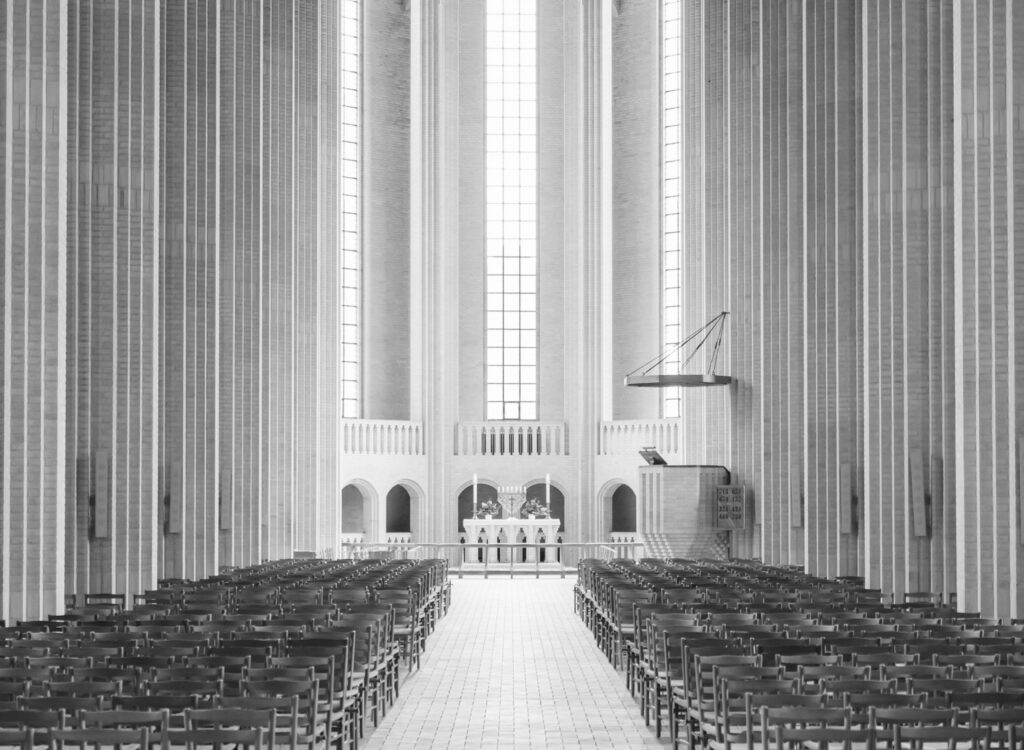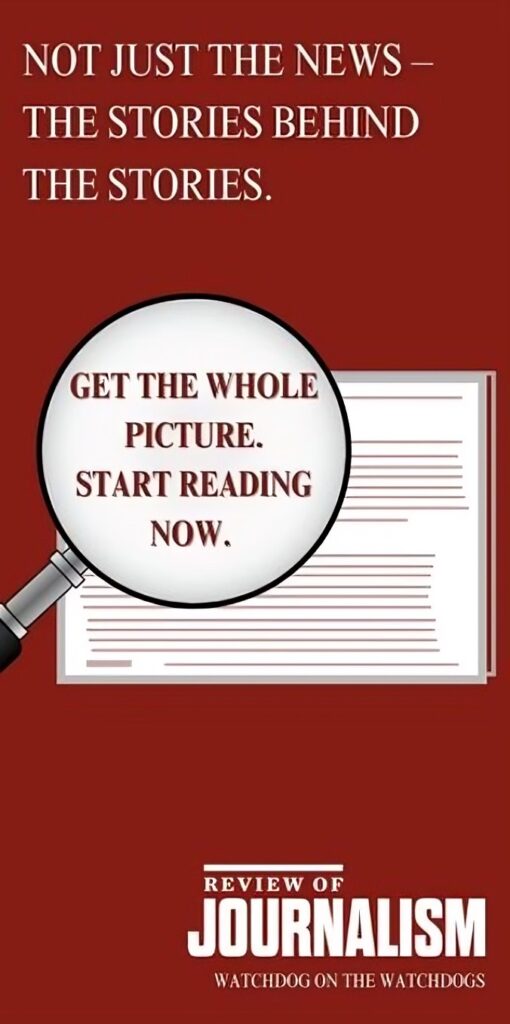It’s almost as if I’ve given up church for Lent, the annual commemoration of Christ’s trials in the wilderness. Before Ontario went back into lockdown, worship had been strange enough. But since Boxing Day, it’s become the spiritual equivalent of curbside pickup: a few are allowed in the building for essential services, for the briefest of moments, while the rest of us attempt another do-it-yourself project at home.
Even when assembling was merely limited, not outlawed, I often wondered if God was in the room — it didn’t always feel like it. If God was there, I thought I should ask for an explanation of this modern “plague in the congregation of the Lord.” One Sunday, I was the lector, reading one of the two Biblical passages that lay people are permitted. It was unsettling to survey my spiritual brothers and sisters who had gathered for Mass — socially distanced and masked in the pews. I froze, and my mouth went dry. I removed my mask for the reading, but that made the situation even odder as I was exposed to the parishioners, who could see my face but not vice versa. As I made my way through Ezekiel —”Therefore thou shalt hear the word from my mouth, and shalt tell it them from me”— I wondered where the comfort and familiarity of pre-pandemic church had gone.
“The word of the Lord,” I said as I concluded the reading, perhaps too ponderously, attempting to compensate for my lack of coherence. I sat down and put my black cloth mask back on. The modified service continued. Eventually the priests approached the sparse congregation with Holy Communion. “Stay in your pew,” they told us. “Keep your mask on until you’re handed the Eucharist.” Before the final prayer, there were other announcements about keeping our kneelers down so they could be sanitized, which exit to use, and yet another reminder about staying two metres apart.
However strange, this was all preferable to watching Mass on a screen, because the real presence of Christ in the Eucharist is something you cannot experience virtually. It is essential to be physically present in the pews (unless the Host is brought to you, as it can be if you’re sick or housebound). Online services also feel wooden, a peculiar performance-art piece where we are spectators. It’s too easy to change the channel. I find it impossible to leave the real thing, however, which means I generally feel better for attending, regardless of my emotional state when I walk into the sanctuary.

Where has the pre-pandemic church gone?
John Towner; upsplash
I read a few more times before the doors closed on us, and though the awkwardness lessened, the oddness lingered. I would think of early Christians, who we’re told huddled in the catacombs of Rome. And of church services in the bunkers, during the world wars. And of those places where Christianity is still forbidden or not sanctioned. With little by way of atmosphere — no hymns, choirs, incense — there’s nothing to ease you into the moment or viscerally convince you that you are, indeed, part of the Body of Christ. The pared-down COVID‑19 service gets straight to the point: it’s faith, not emotion, that confronts you en route to salvation. This hasn’t been easy, as the music and the ritual have often helped make God more appealing and accessible for me, especially around Christmas and Easter.
Nothing is certain, I told myself after a few coronavirus Sundays. As we’ve all been reminded, so much can disappear or change in an instant — jobs, travel plans, immutable friendships, poignant ceremony steeped in tradition. Sic transit gloria mundi.
Another thing that’s disappeared is my hyperactive social life. Since so much of my job is done online these days, I’m alone more than at any point since early childhood. Now that I’m used to it, being at home most of the time has made for a more contemplative workday. I tend to get the same amount accomplished as before, but I have the chance to meditate (even when I don’t realize that’s what I’m doing). I also have more time for prayer: with gratitude, anger, frustration, and hope all commingling.
I walk past my church on occasion, and even from the outside there’s a hint of sadness to the building I know is empty. So many people of so many faiths are missing the communities that have long sustained them. Priests, like others who have dedicated their lives to something bigger than themselves, are unable to minister to their flocks as they once did. Weddings and funerals are shrunk to fit regulations and Zoom screens. And there are new financial concerns in the rectory: fewer people each Sunday mean less in the collection basket.
For some, the diminishment of the physical church is a good thing. It suggests more attention will be paid to faith than to the human-created apparatus that channels it. “Freed from the shackles of maintenance,” a minister wrote in Broadview magazine last summer, “churches could have more time and energy for doing good.” Perhaps that’s true. Perhaps we’ll discover more compassion and spirituality, fewer rules and judgments and artifice. You can find God in a cathedral or just as easily on a park bench. This pandemic is many things, including a lesson that obedience to ritual doesn’t guarantee a reward of transcendence. Faith is struggle, and it’s more obvious than ever.
Each time I read in church last year, I felt strange doing it. I believed this unease would mean growth — something I did not want to give up for forty days (or longer). But forced dislocation is helping me and others look at the world anew, helping us reconsider our purpose and how faith is often the only constant. I look forward to more comfortable times, but I don’t want to forget that being uncomfortable in church, when so much of what is normal disappears, is something of a revelation.
Kelvin Browne wishes Savannah weren’t in the United States — so that he could visit again.

